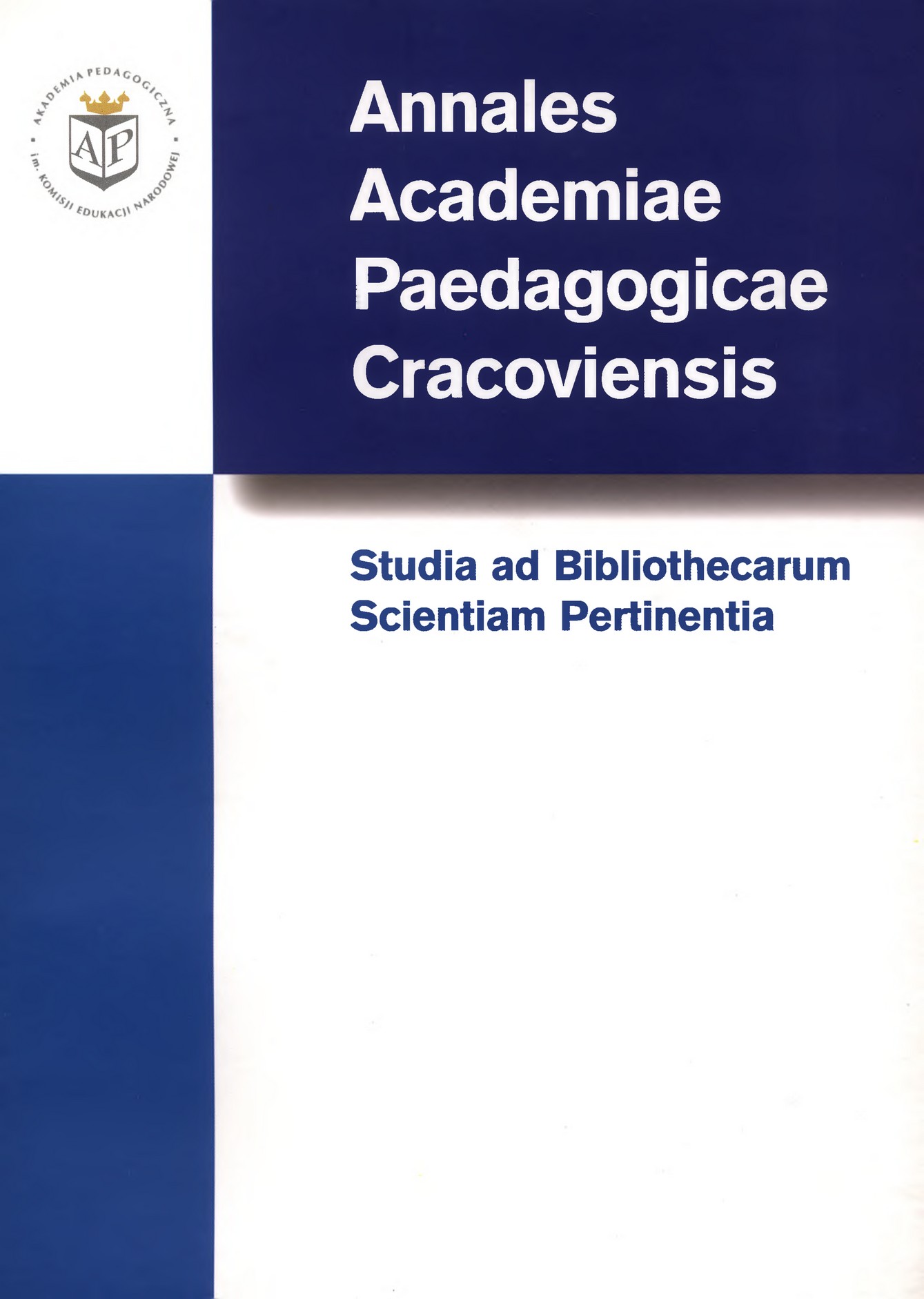Szembekowie. Gałąź podolska
Słowa kluczowe:
Szembekowie (rodzina), Podole, historiaAbstrakt
[The Szembecks. The Podolia branch]The Szembek family descended from Germany and settled on the Polish lands in the 16th century. Its members were engaged in trade, banking business and mining. They also sat in the Krakow’s city council and belonged to the circle of the most influential and rich bourgeoisie. In the 17th century, the next generations can be traced among the nobility. They owed their spectacular social advancement to the careers of their representatives in the hierarchy of the Catholic Church. Over twenty church and secular dignitaries including primates and archbishops as well as a Grand Chancellor of the Crown, voivodes, castellans and generals came from that family. With time, the family was divided into three branches: two primate’s (older and younger) and a general’s branch. In the 19th century the Podolia branch, started by Józef Szembek married to Józefa Moszyńska, a maiden with a large dowry from Podolia, was separated from the general’s branch. The couple had two sons: Jerzy, the Bishop of Płock, later the Archbishop of Mogilev and the Metropolitan of the Roman Catholic Church in the Russian Empire; and Zygmunt who was married to the eldest daughter of the Ordynat Włodzimierz, the count of Dzieduszyce. Zygmunt and his wife had two sons: Jan Włodzimierz Szembek, a diplomat, Under-secretary for Foreign Affairs in the period of the Second Polish Republic, the closest co-operator of Józef Beck; and Włodzimierz, a selasian brother who died martyr’s death in the Auschwitz-Birkenau concentration camp and whose life was recallected by the process of his beatification which commenced in 2003.
Pobrania
Opublikowane
2011-12-20
Jak cytować
Karolczak, K. (2011). Szembekowie. Gałąź podolska. AUPC Studia Ad Bibliothecarum Scientiam Pertinentia, 9, 238–252. Pobrano z https://sbsp.uken.krakow.pl/article/view/753
Numer
Dział
Materiały / Materials

